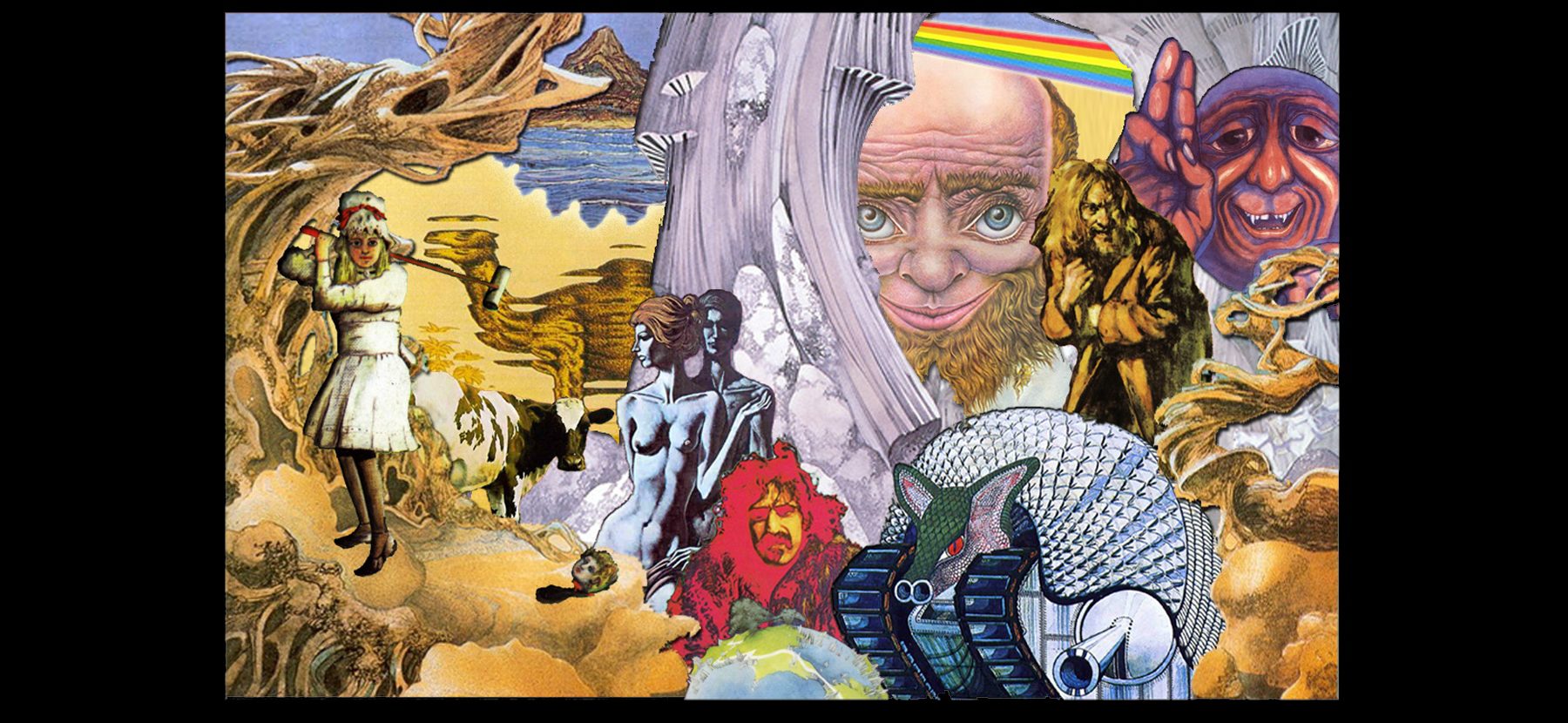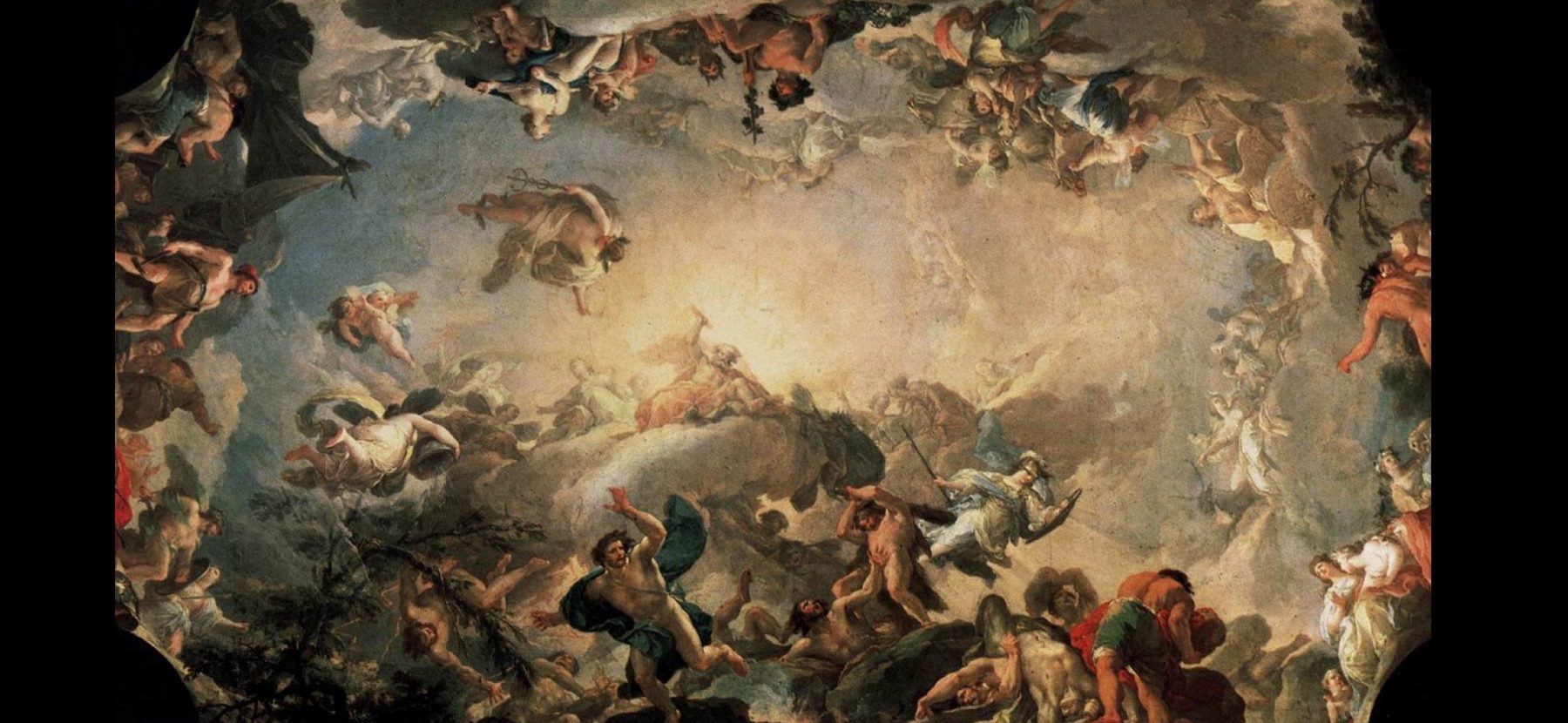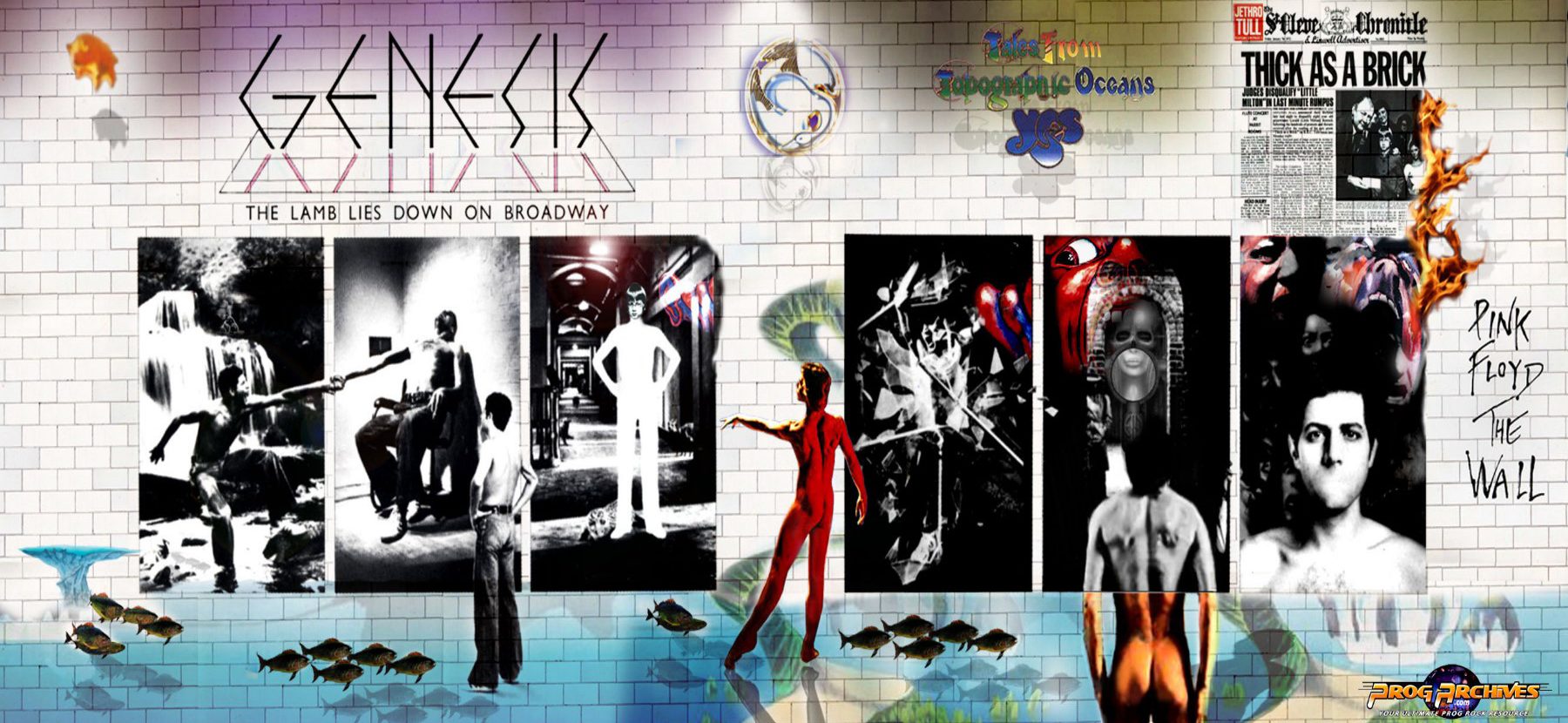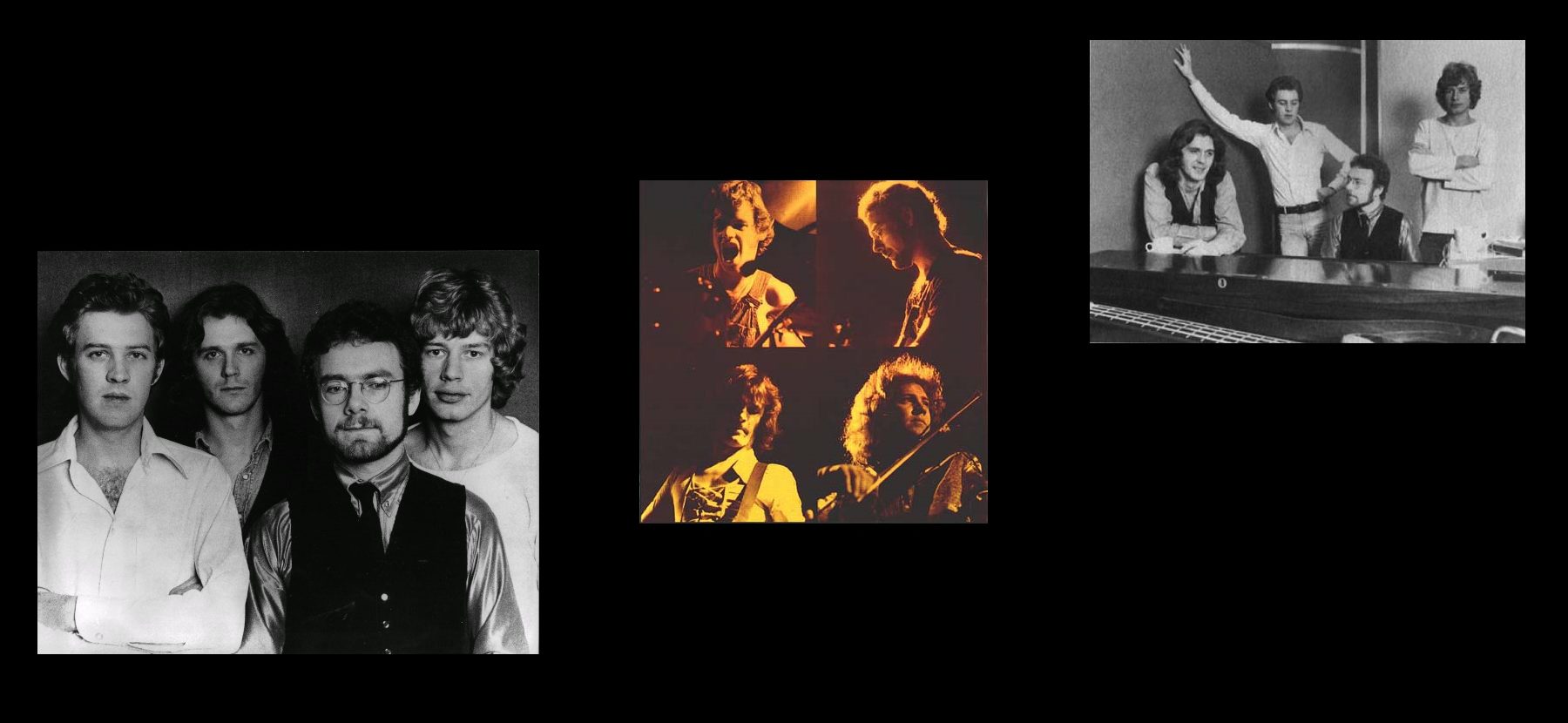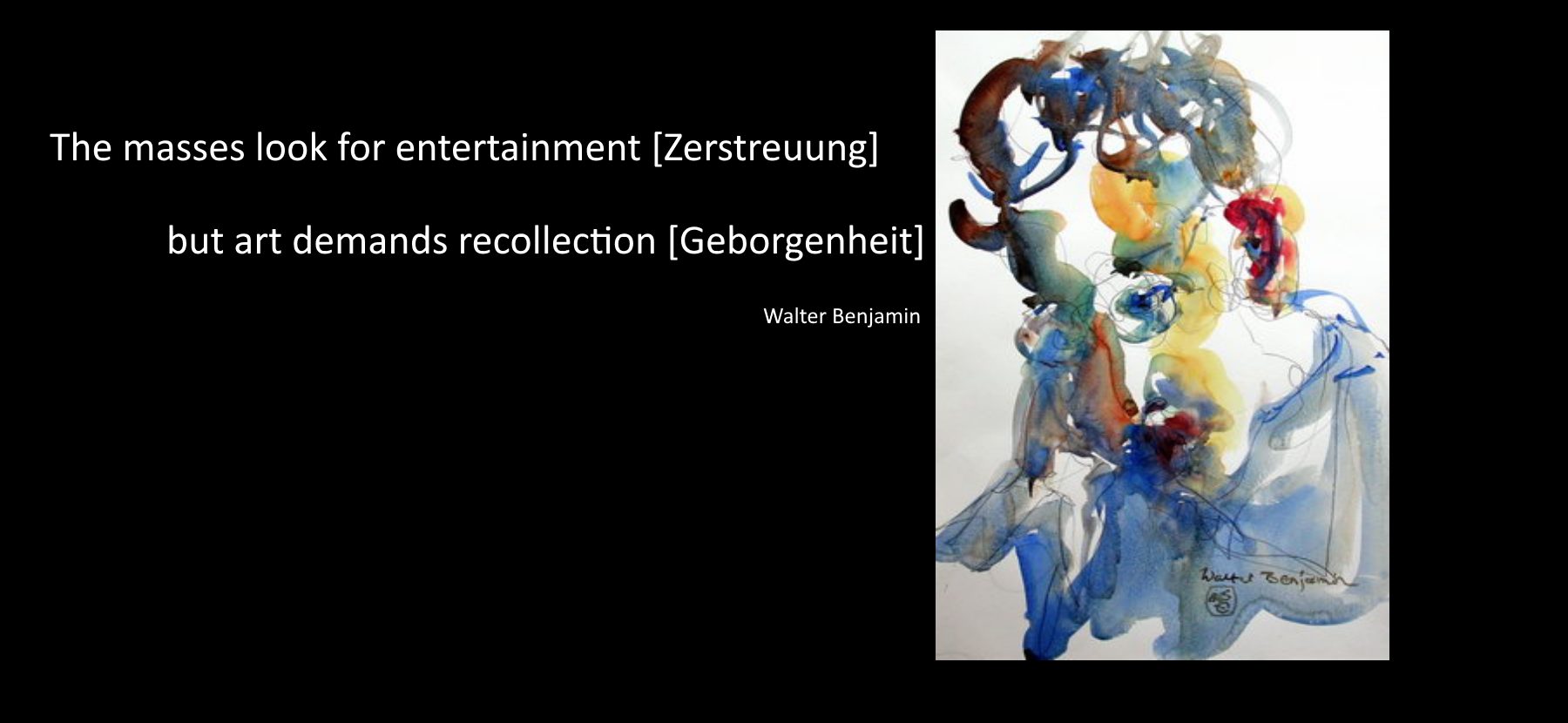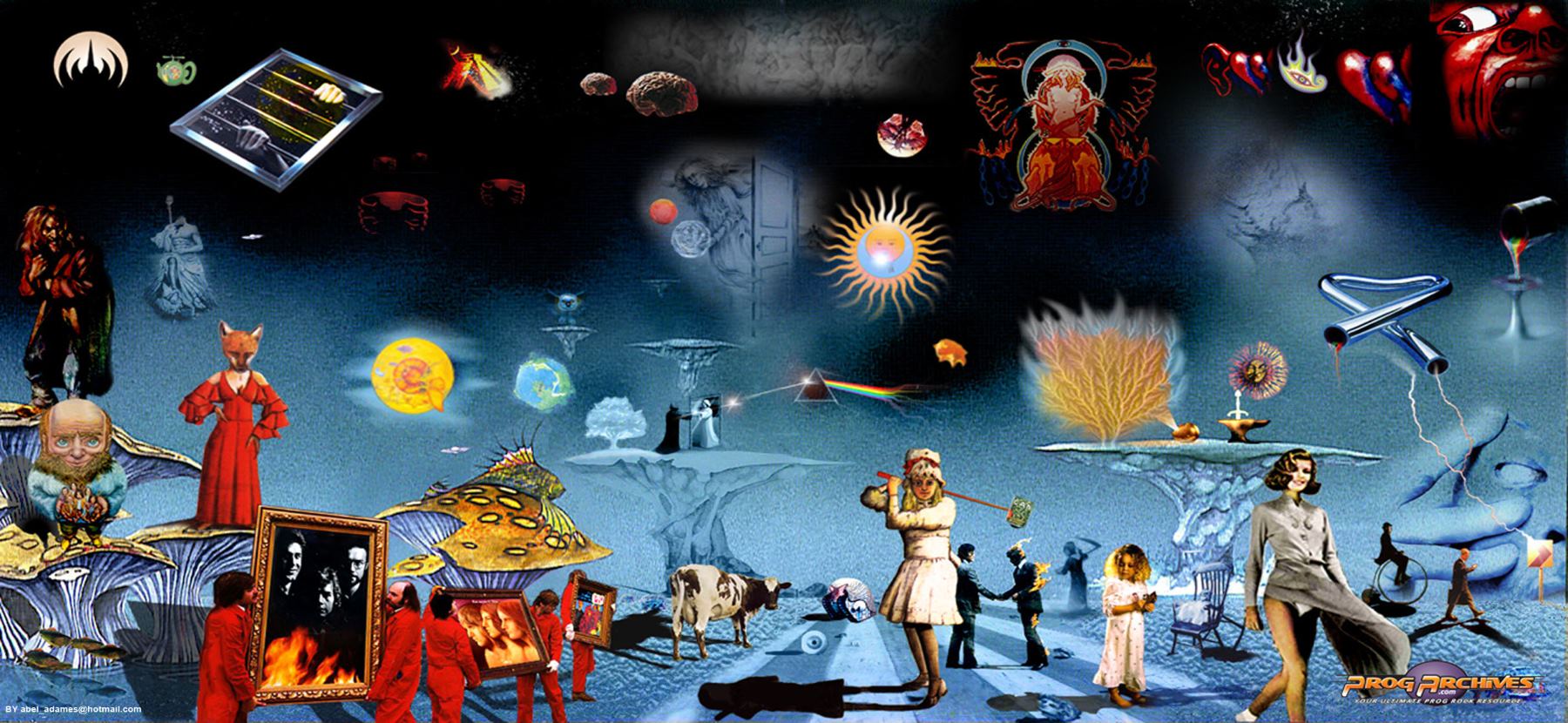In this article, Carlos Plaza takes the ideas developed in the first part, published in issue #8, as a basis for defining the true nature of this genre. From that perspective, the future of progressive music is discussed.
Articles
Mythology in Progressive Rock
This is the first of a series of articles where I will explore the influence of extra-musical elements (literature, paintings, philosophy, etc.) in progressive rock. Because of its wide influence in this genre, Mythology will be spread in several articles.
Bands in all eras, styles, and countries have resorted to mythological stories or characters as a basis for their compositions. In some cases, the whole body of work is based on the musical representation of mythological stories or characters. Usually, this representation is reflected in the lyrics, but there are exceptional examples where only music is used to make a description. The first example, is one of my favorite works by Emerson, Lake and Palmer:
Is Prog alive and well?
Progressive Rock has been making some noise in the media lately. Kelefa Sanneh’s piece “The Persistence of Prog Rock” published by The New Yorker in June of 2017, has stirred up some debate. For this Phaedrus article, I would like to make an experiment. Since the topic is so controversial, I would like to build the article as a joint effort between all members of the Phaedrus community. The process will be as follows: In this initial article, that will serve as a starting point, I will state my views on the current state of Progressive Rock. I will also post the article in Phaedrus Blog. Based on your answers, comments and additional information provided, I will generate a second version of the article and will publish it as special extra number in Phaedrus, before the Fall edition. Of course, I will give full credit to all those whose material we use to build the new version of the article.
The Creative Process
In this article I describe the process that I follow when I’m composing. It includes some metaphysical considerations that are indispensable to understand my approach to writing music.
Improvisation in Progressive Rock
In this article we describe the various types of improvisation and argue why it is not a key characteristic of progressive rock. Several examples are provided, including some that portray the development of ideas during the composition of “Dancing with the Moonlit Night” by Genesis.
About Starless
In this issue, King Crimson expert Carlos Romeo brings the perfect complement to the “Starless” analysis presented in issue 4 (February 2017). Carlos unveils the story behind the creation of “Starless”, points out several recordings that are key to understanding how the piece was assembled, and describes the method that King Crimson used in that era to create their songs.
The aura in the work of art and its relation to the ritual
The ideas I present in this article are based on some of the concepts that the philosopher Walter Benjamin (Berlin 1892 – Portbou, Spain 1940) develops in his essay “The Work of Art in the Age of its Technological Reproducibility” (1936).[…] In addition to the concept of “aura” and its relation to the “ritual,” another element of Benjamin’s essay that sparked my attention is his description of the relationship between art and the masses. His essay, written in 1936, explores the characteristics of a new art – movies – to describe the transformation process affecting the arts.
Progressive Rock – A Misleading Tag
This issue of Phaedrus features and article that I wrote in 2006 for a booklet that was edited as part of the 2007 edition of the Gouveia Art Rock Festival. Back then, the term “Progressive Rock” was still banned by critics and rock related media. Currently, progressive rock is enjoying a steady resurgence; however, I believe that much of what I stated in the article remains valid.
The Cult to the Ephemeral and its Effect on Art
This article summarizes a series of reflections that I had after reading the book “The Civilization of Entertainment” written in 2012 by Nobel Prize winner Mario Vargas Llosa. There is no distinction between culture and entertainment, and in this transformation process culture has lost its reflexive and profound nature, and has been trivialized. The article also includes some reflections by Igor Stravinsky, from his essays “Poetics of Music”.
The issues discussed in this article, will be linked to the analysis of the piece “Tarkus” by Emerson Lake & Palmer, that will appear in issue # 3 (January 2017).
Tonality and the Purpose of Life
For several decades, the question of “Tonality” vs. “Atonality” has been the subject of analysis and debates by musicologists, musicians and philosophers. The fact that atonal music (dodecaphonic, serial, concrete, etc.) has not been able to impose itself over tonal music after a century, has led many to believe that atonal music is “unnatural”.

